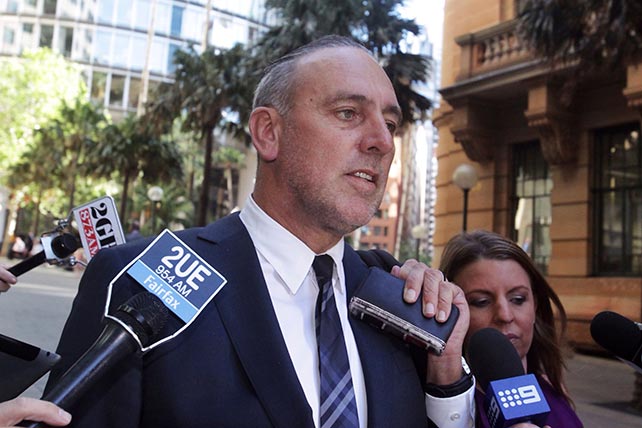Last week, the Conservative Baptist Network (CBN) and other Southern Baptist Convention (SBC) pastors called out Dr. James Merritt, an SBC pastor and visiting professor at Southeastern Baptist Theological Seminary (SEBTS), for endorsing a sermon given by his outspoken gay son (Jonathan Merritt).
In a statement released by the CBN (an unaffiliated network of the SBC), the CBN shared their concern that an SBC pastor and seminary employee was promoting a sermon by an “unrepentant” homosexual. The CBN called it dangerous, saying, “To present to Southern Baptists a man living in unrepentant sin as someone to whom they should listen for a sermon that is ‘faithful to the gospel,’ as the elder Merritt tweeted, is wholly illogical and demonstrably dangerous.”
The CBN specifically called upon the SEBTS board of Trustees and its president, Daniel Akin, to consider giving the “grievous” situation “sincere attention,” arguing that Merritt’s promotion of his son’s sermon goes against the SBC’s “commitment to Scripture as inerrant, sufficient, and authoritative and opposes the Baptist Faith and Message 2000.”
RELATED: CBN Calls Out SBC Seminary Professor for Promoting Gay Son’s Sermon
Charles Stanley, Mike Huckabee, Tony Perkins, Rod Martin, and Mike Stone are all on the steering counsel for the CBN.
In addition to the CBN, Tom Buck, who is the pastor of the SBC affiliated First Baptist Church of Lindale, Texas, directed stern words towards Merritt for saying his son’s sermon speaks the “truth” of the gospel.
Buck said that Jonathan Merritt’s sermon was “completely VOID of THE gospel” and called it disturbing that a professor at SEBTS was publicly promoting a sermon given by “an openly homosexual man.” While Merritt described the sermon as “faithful to the gospel and coming of Jesus,” Buck argued that the sermon was anything but.
“If this is the gospel at @sebts, we’re in trouble,” Buck said.
SEBTS President Shares Merritt’s Request
Akin shared on Monday, a week after Merritt promoted his son’s sermon, that Merritt had declined the invitation to serve as a visiting professor at SEBTS. Merritt said that he did not want to be a distraction to the school.
Akin’s tweet read, “Today my dear friend @drjamesmerritt asked me to allow him to decline serving as a visiting professor @SEBTS, not wanting to be a distraction to the school. I have honored his request. His integrity, character & love for the gospel is a model for us all. A great man & friend!”



















